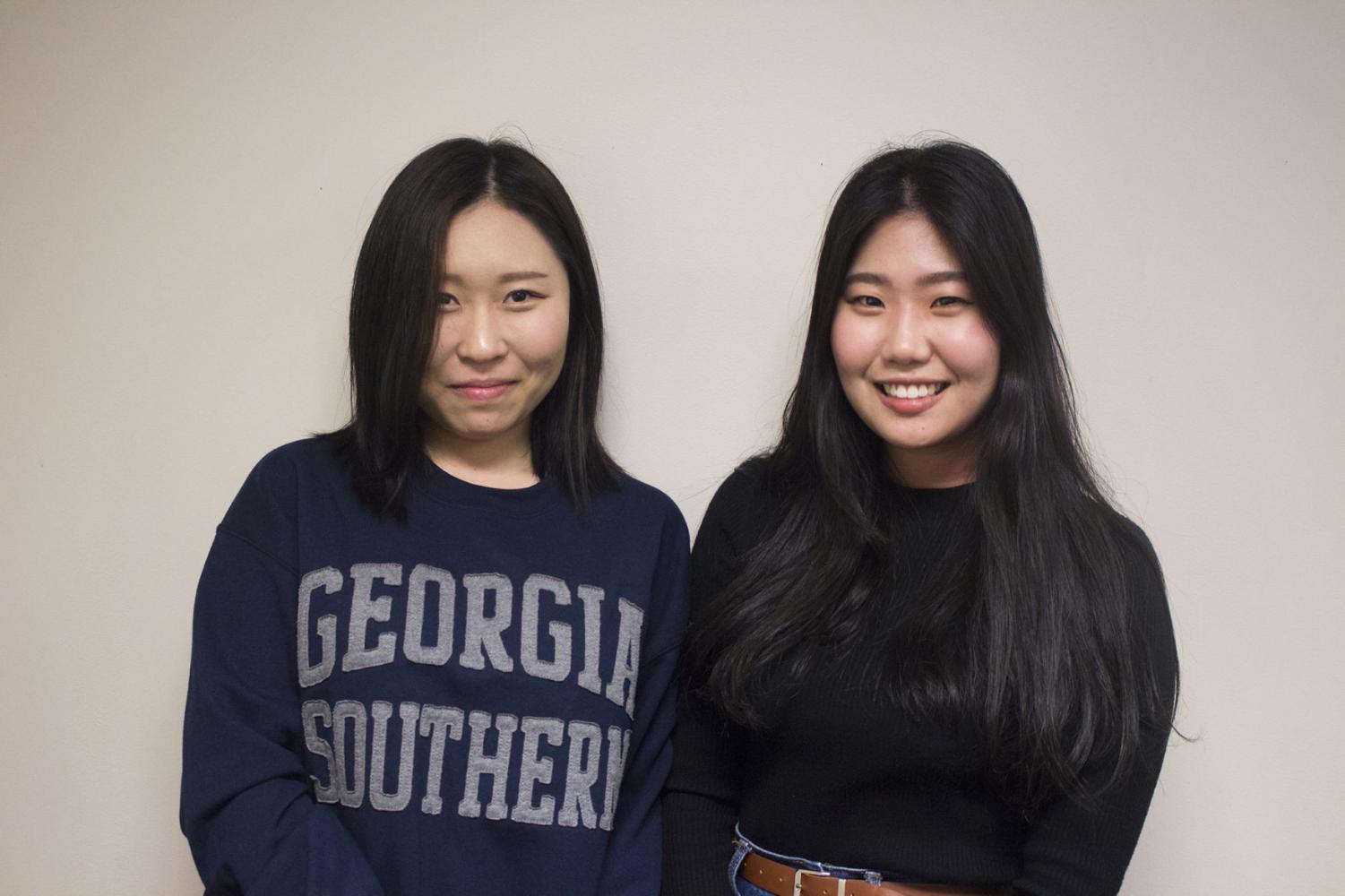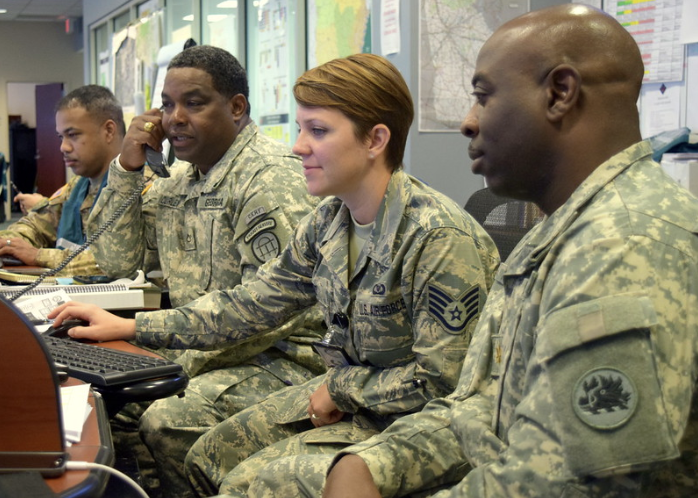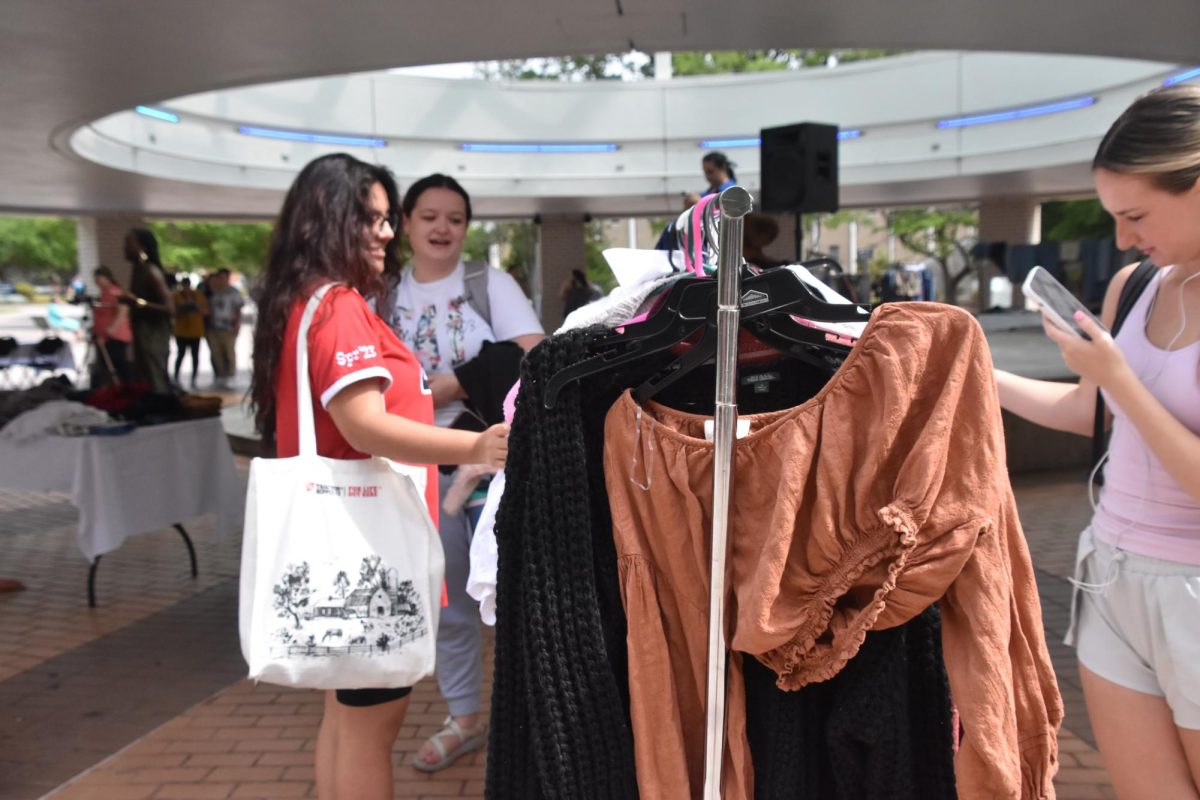Mistletoe, lore and special feasts: How international students celebrate the holidays
November 29, 2016
Ah, winter break. This reprieve from school is marked by Christmas celebrations, as well as celebrations of other notable holidays, like Hanukkah or Kwanzaa.
Americans usually celebrate Christmas by purchasing and exchanging presents, putting up decorations like trees and visiting family and friends.
These are customs which Georgia Southern’s international students also practice, while also retaining their own cultural traditions around the holidays.
An emphasis on love
Christmas is not emphasized in South Korea and other East Asian countries to the extent that other holidays are due to the holiday’s Western origins.
As a result, South Korean secular traditions and some of the religious ones have blended with cultural practices already present there to create a unique take on the winter holiday.
According to Seoulistic.com, a Korean culture and travel site, many of Korea’s holidays have some sort of romantic implications mixed into celebrations. As well, Christmas is primarily recognized on Christmas Eve.
One major difference with Korean Christmas celebrations is with whom many Koreans spend the day. Jinsun Lee, a freshman manufacturing engineering major at GS, explained this concept more.
“Christmas is something celebrated with couples. They date and go out. It is usually cold and a white Christmas,” Lee said.
This may seem odd to those who are used to celebrating Christmas with immediate or extended family. Additionally, while many Koreans may celebrate the holiday by going out with a significant other, they may also choose to spend it with friends.
“I hang out with my friends downtown [in South Korea], not usually at home. We usually spend Christmas with friends or boyfriends…we go to karaoke, drink beer,” Seung Ji Hong, a junior hospitality major, said.
“Usually, I want to spend Christmas with my host family. They invited me, like ‘hey, let’s spend Christmas and have a Christmas meal’,” Ji Hong said.
While many international students opt to celebrate Christmas back in their home countries, Ji Hong will be staying in the U.S. during that time.
The nights before Christmas
Denmark, a European country in the Scandinavian region of Europe, hosts many holiday festivities similar to what is practiced in America.
“You have your Christmas tree and your presents. I think the only major difference is that we open our gifts on December 24 in the evening,” Jarl Petersen, a senior international studies major from Denmark, said.
According to Denmark’s official website, some of the Danish customs for Christmas include advent wreaths, calendars and candles to count down to the holiday.
Danish people, like their American counterparts, host Christmas dinners. However, these meals are held on Christmas Eve.
“We eat pork roast for Christmas, usually. Some people do turkey or duck,” Petersen said.
Denmark’s website states that rice pudding is another dish traditionally served at these dinners. It is either served warm as one of the first dishes or cold with cherries in it as a dessert. There is usually an almond in the pudding, and the person who gets the almond portion gets a special present.
Another holiday that Denmark celebrates right before Christmas is St. Lucia Day on Dec. 13.
St. Lucia is the patron saint of light in the Roman Catholic Church. According to legend, Lucia is described as having worn a wreath with candles on her head in order to feed impoverished Christians living in ancient Rome’s catacombs.
“People, girls, get dressed up in white and they do a procession. They give out cookies. You have one girl that gets a crown that she has to wear, and she’s St. Lucia,” Petersen said. “Then you do a sort of procession with all the girls…usually, in schools, you turn out the lights and they march through the school.”
The holiday traditions presented here are just a sample of the traditions observed during December. These practices all have one thing in common-allowing the participants to cherish the ideals, concepts and people important to them.












